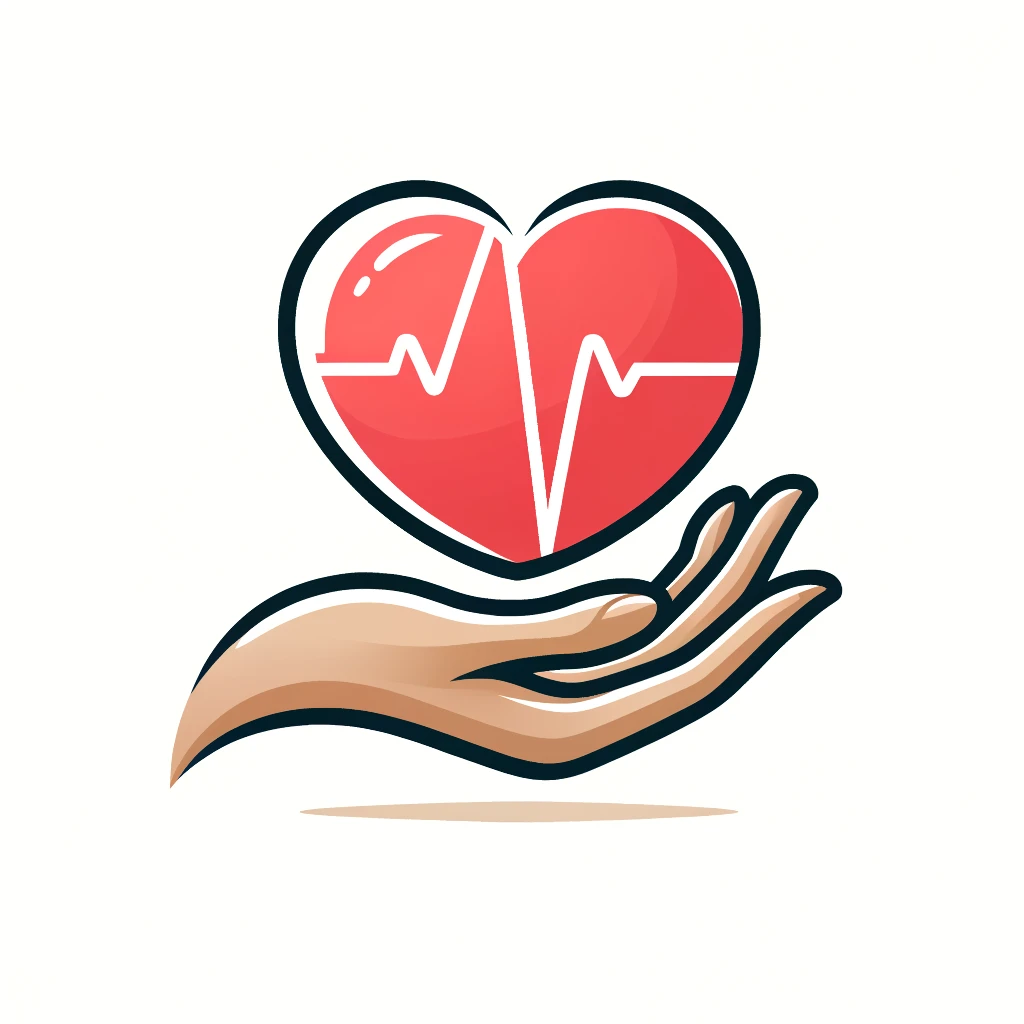
Health monitoring and regular medical follow-ups are essential components of stroke prevention and management. By keeping track of vital health indicators and maintaining consistent communication with healthcare providers, individuals can significantly reduce their risk of stroke and ensure timely intervention when necessary. This section outlines the importance of health monitoring and medical follow-ups in the context of stroke prevention.
- Vital Signs Monitoring
Regular monitoring of vital signs, such as blood pressure and blood glucose levels, is crucial for identifying potential stroke risk factors early. Technologies like remote patient monitoring (RPM) allow patients to track these metrics from home, providing healthcare providers with real-time data for timely interventions. - Importance of Blood Pressure Control
Hypertension is the leading risk factor for stroke, making regular blood pressure checks vital. Home monitoring can lead to better management of blood pressure levels, reducing the risk of stroke by up to 54% when consistently tracked. - Wearable Technology
Wearable devices, such as smartwatches and fitness trackers, facilitate continuous health monitoring by tracking heart rate, activity levels, and even sleep patterns. These technologies enable patients to gain insights into their health status and alert healthcare providers to any concerning changes. - Regular Medical Check-Ups
Scheduled medical appointments allow healthcare providers to assess risk factors, adjust treatment plans, and monitor overall health. Regular follow-ups are crucial for managing conditions like diabetes and high cholesterol, which can contribute to stroke risk if left unchecked. - Comprehensive Stroke Screening
Participating in comprehensive stroke screenings can help identify underlying issues that may increase stroke risk. These screenings often include tests for carotid artery blockages, heart rhythm irregularities, and metabolic health assessments.
Maintaining diligent health monitoring and scheduling regular medical follow-ups are key strategies in preventing strokes and managing overall health. By actively engaging in these practices, individuals can empower themselves to make informed decisions about their health and significantly lower their risk of experiencing a stroke.
